Charles Pakana (VAN):
On the 1st of June this year, the Royal Australian and New Zealand College of Psychiatrists announced that it is backing the Yes Campaign to recognize Aboriginal and Torres Strait Islander peoples through a First Nations voice to Parliament, enshrined in the Australian constitution. Joining me on the podcast today is President of the College, Dr. Elizabeth Moore. Dr. Moore, thanks for talking with me today.
Dr. Elizabeth Moore (RANZCP):
It’s a pleasure, Charles.
Charles:
Dr. Moore, we might start off with transgenerational trauma, because this is something which you and your members would know all too well about, and within the Aboriginal and Torres Strait Islander communities, it’s often highlighted as a key concern, and one that could be addressed at least in part by a voice to Parliament. Just for the listeners, what is transgenerational trauma, and part two, how does it relate, or how does it play out in Aboriginal and Torres Strait Islander communities?
Dr. Moore:
Yeah, transgenerational trauma has really become much more widely studied in the last five to 10 years, and it’s really that psychological and physiological effects that trauma experienced by people have on subsequent generations in their group. Aboriginal and Torres Strait Islander peoples obviously have experienced that from things like the stolen generation, or the inbuilt biases and racism that still occurs within Australia.
It can be a collective experience, such as with the stolen generation. It has both mental and physical health effects. It can alter the epigenetics, and the way that we respond to trauma, the way that we respond to stress, and that’s both mental and physical.
Charles:
Before you go on, can you please explain what’s epigenetics?
Dr. Moore:
Epigenetics is actually the way that our genes get altered, by the way in which we encounter stress or our parents have encountered stress. This has been studied also in people that have experienced the Holocaust, or their parents have experienced the Holocaust.
Charles:
For those who may say, and there are some, let’s say, right wing commentators who say, “Well, look, history’s history, just get over it.” That’s sort of going fair in the face of scientific research, it seems.
Dr. Moore:
Yeah, the evidence base is getting much more clear in this area. That’s not to say that everybody will be affected. It’s not to say that we can’t combat it. It’s not to say this is all set in stone, but we need to be aware of it, so that we can actually do something to mitigate the effects of it.
Charles:
Now, does this play out in terms of antagonism towards uniforms, such as the police and things like that?
Dr. Moore:
It certainly could, because as we are aware, the families between generations can have an adverse reaction, which kids pick up against as well. If you are in a sense of powerlessness, then those in power present a threat to you, or they can present a fear factor. It’s really important to take all of that context together.
Charles:
Do you and your members see this transgenerational trauma right across Australia, or is it sort of stuck in various regions, such as rural and remote areas? Is it right across the country?
Dr. Moore:
No, it can occur in any area. As we know now, most Aboriginal and Torres Strait Islander people actually live in urban areas. There is high rates of social and economic disadvantage, both in urban and rural areas. We need to be aware of that across Australia.
Charles:
Well, your members are often at the frontline of mental health care right across the country, and they’re clearly in an ideal position to see just how on and off track many of the closing the gap targets actually are, especially with regard to health and emotional wellbeing. What are some of the key concerns in these areas that you are hearing that are confronting your members?
Dr. Moore:
You’re right. Our members actually, we go across Australia and New Zealand, and there are specific issues also in New Zealand. What we hear is that inequity that still occurs in access to services and to culturally safe services. People will not access services if they do not feel culturally safe to do so. We know that Aboriginal and Torres Strait Islander peoples also have a life expectancy that is less than the Australian population.
Partly that’s related to mental conditions. The rate of suicide is much higher, unfortunately, in Aboriginal Torres Strait Islander communities, but also the rates of chronic illness, of diabetes, of heart conditions. It needs that multi-pronged approach with community to bring some of those things back.
Charles:
Well, in the media release announcing your support for a Yes vote, it stated that, I quote, “The health and mental health of our nation is not equal. Aboriginal and Torres Strait Islander peoples are nearly twice as likely to die by suicide,” as you’ve just mentioned, “And are almost three times more likely to be psychologically distressed than non-indigenous Australians.” How does your membership believe that a voice will assist in addressing these pretty tragic figures?
Dr. Moore:
Yeah. Look, Charles, I think self-determination is important for all of us. It’s particularly important, we hear, from our Aboriginal and Torres Strait Islander members, and also our community members. Particularly important for Aboriginal and Torres Strait Islanders because of that sense of powerlessness that really was at the heart of the Uluru statement. The voice will not fix everything. It’s the first step. We’ve reaffirmed that in our position statements ever since 2011.
It will help Aboriginal and Torres Strait Islander peoples to influence policy at the highest levels. It’s not a third chamber of Parliament. Some of that misinformation that is there in the media is very disingenuous.
Charles:
Yes, we’re aware of that.
Dr. Moore:
Yes. It will actually help, I think, to make sure that the policy that the Australian government and governments around Australia make much more focus ,towards Aboriginal and Torres Strait Islander issues and help readdress some of that inequality.
Charles:
A lot of the work around the proposed format of the voice, that is with the local and regional voices, as put forward by Calma and Langton in their report, and then electing from their membership, the National Voice, seems to be just, “Let’s hear the Aboriginal voices,” and that’s it.
Obviously, organizations such as yourself, with such a wealth of information about mental health and wellbeing within the Aboriginal and Torres Strait Islander communities, has got a lot to offer. Do you see that there would be a role for the college going forward in providing information to, or consulting with local and regional, or even the national voice?
Dr. Moore:
We certainly would. Within our own college, we have a committee structure, and we do have an Aboriginal and Torres Strait Islander Mental Health Committee, and that committee is made up of psychiatrists and community members who have a very strong interest in Aboriginal and Torres Strait Islander health. I think it’s important that we, as a college, as well, try to encourage Aboriginal and Torres Strait Islander people into psychiatry.
We do have a number of things that we do to support Aboriginal and Torres Strait Islander trainees, as well as psychiatrists, and we work very strongly with AIDA. It’s important to actually have your people, whatever group you come from, to be represented in the college. I think Aboriginal and Torres Strait Islander people, the more psychiatrists we have who come from the Aboriginal and Torres Strait Islander background, the better. We have Maori as well, Maori psychiatrists.
Charles:
Yeah.
Dr. Moore:
We have Maori trainees, and the encouragement that they get from the community, as well as from our college, is really heartening to see.
Charles:
Let’s get now to some of the politics that were involved in actually endorsing that yes, or that support from the college. You’ve got a diverse membership across Australia and New Zealand, as you said. Were there significant challenges and key discussion points that the organization confronted before arriving at and announcing its position?
Dr. Moore:
As I said, we’ve actually had a position statement on the recognition of Aboriginal and Torres Strait Islander peoples in the Australian Constitution since about 2011. We reviewed it again in 2015 and 2018, and want to emphasize that the 2023 was part of our normal process of reviewing it.
As psychiatrists, we are really aware of the social and economic factors that actually affect health and mental health. It’s very strongly supported throughout our committee structure that the voice to Parliament is just one way that we can actually make a difference to this population.
Charles:
Dr. Elizabeth Moore, I want to thank you so much indeed for your time. It’s been enlightening.
Dr. Moore:
Thank you so much, Charles.


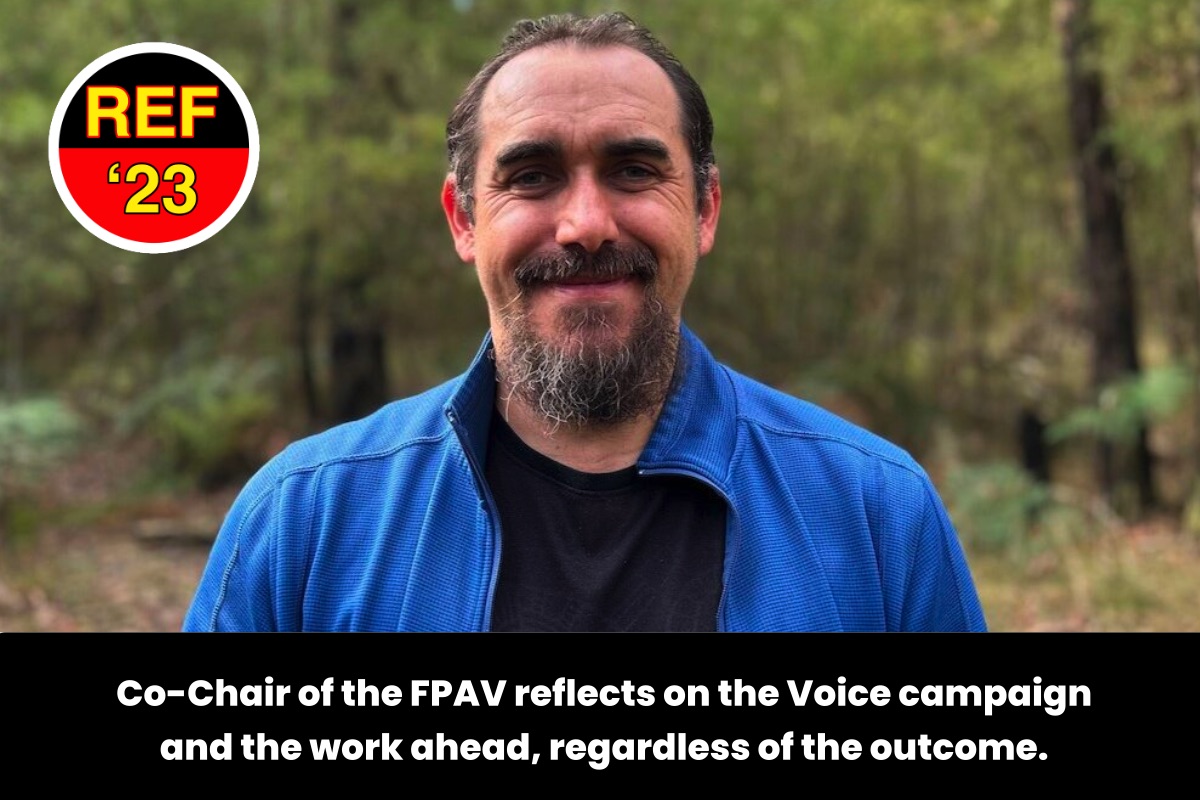
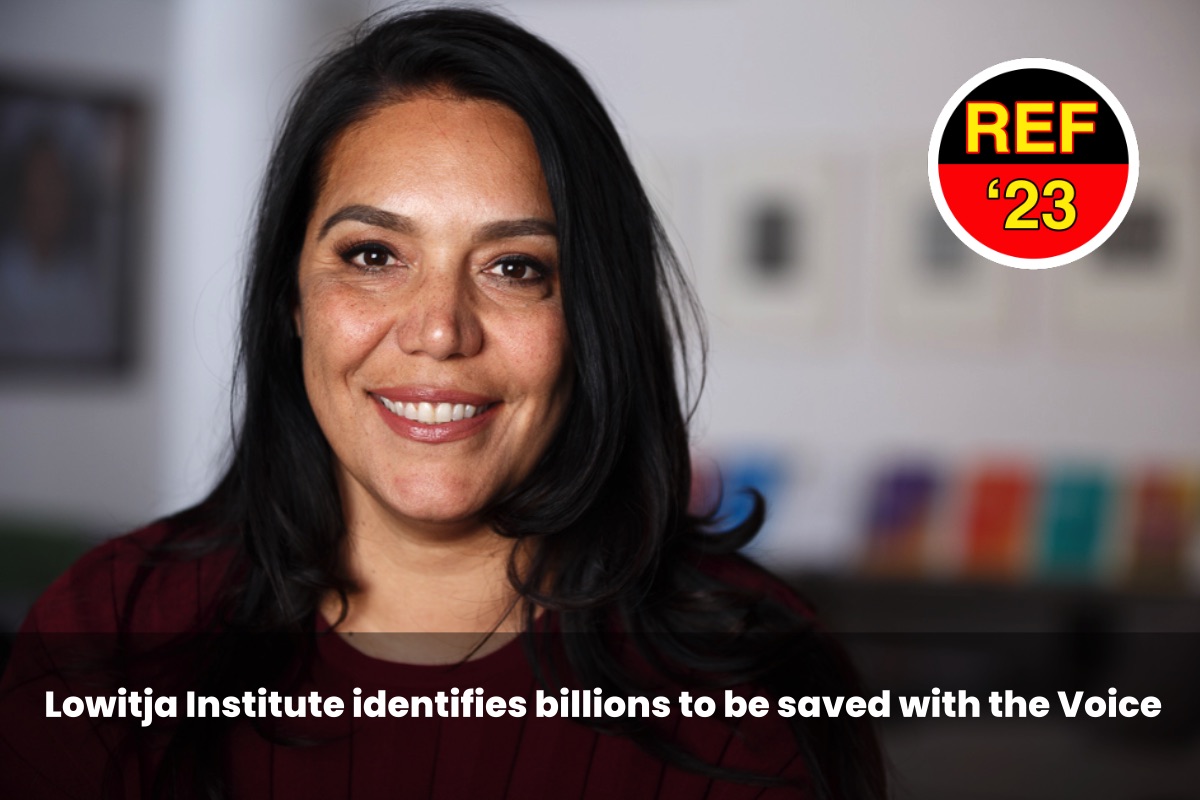
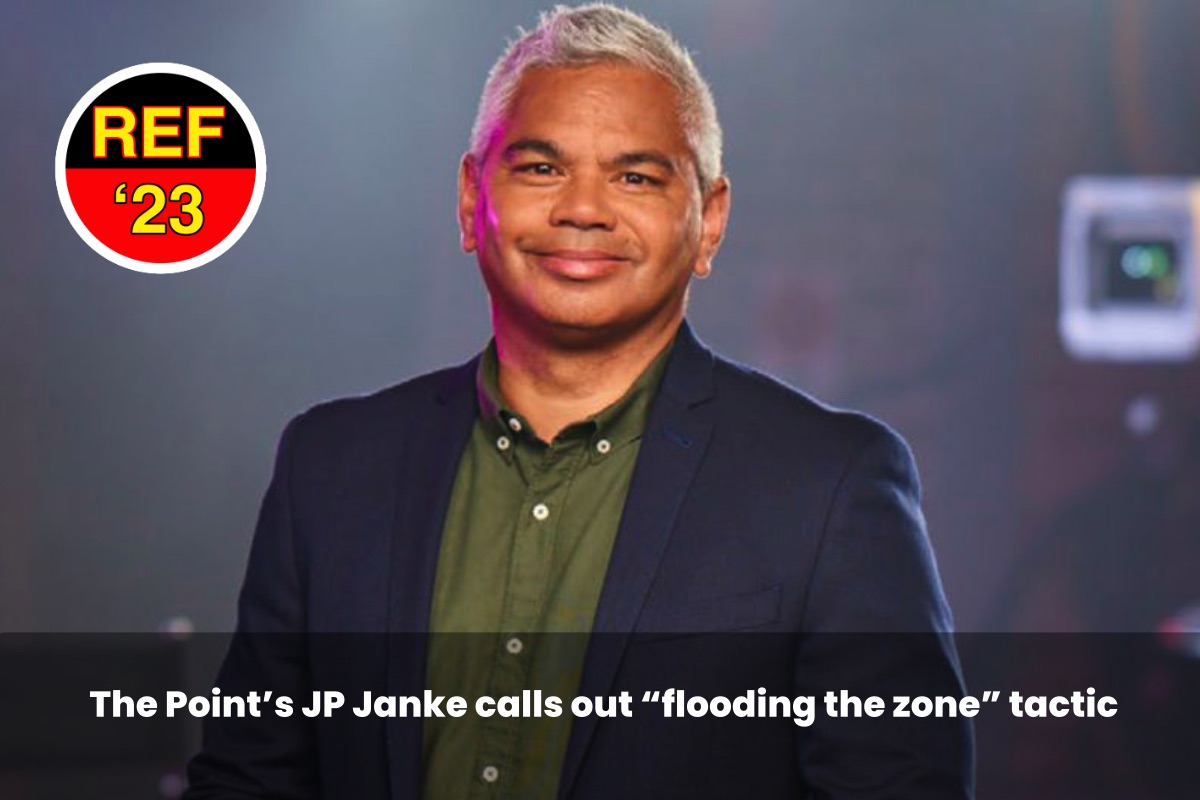
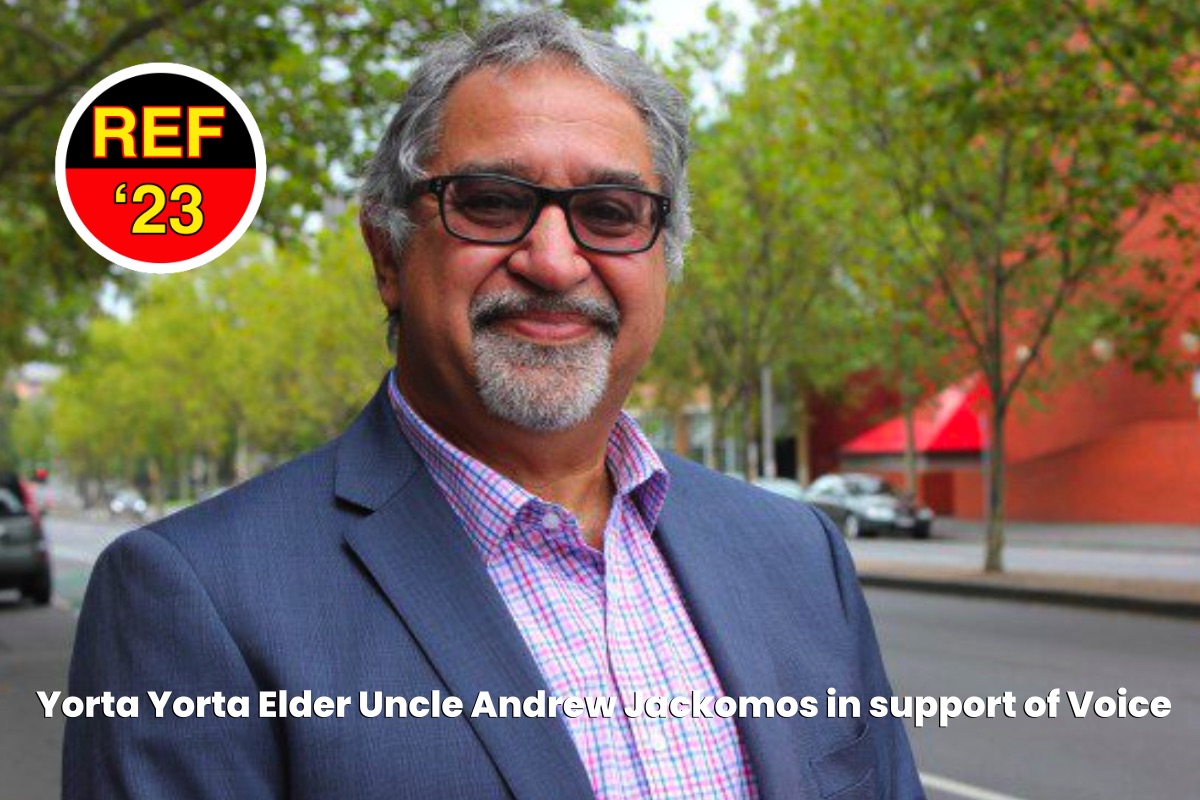
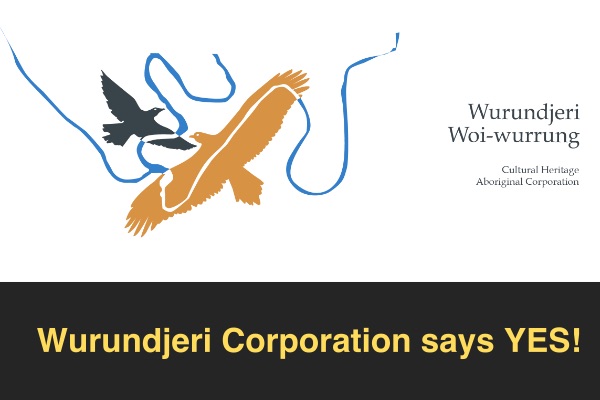

0 Comments